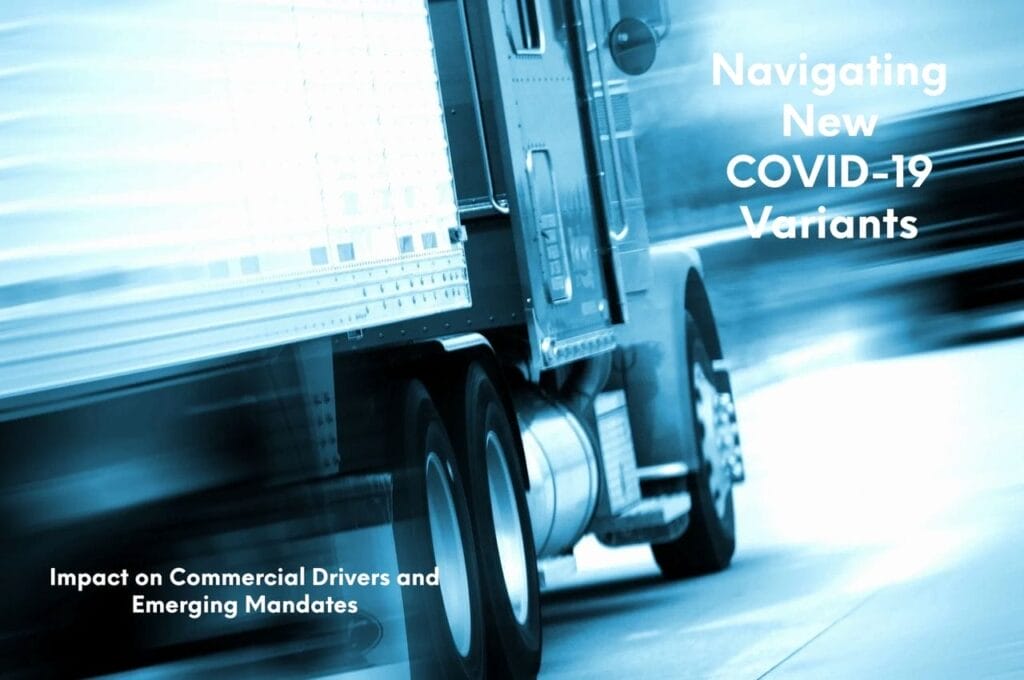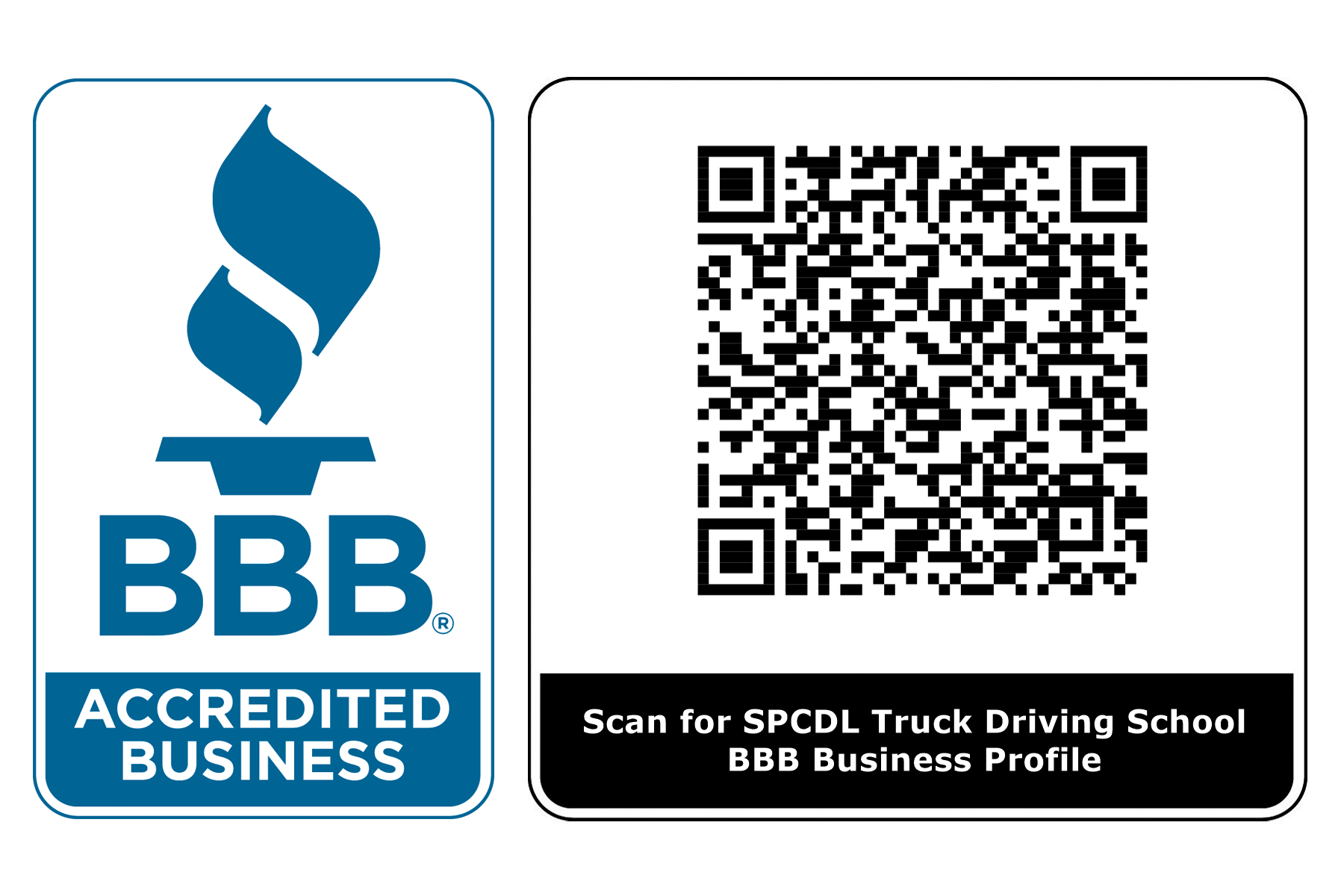Commercial Drivers Guide for Navigating New COVID-19 Variants

Introduction
The ongoing COVID-19 pandemic has brought about numerous challenges across various sectors, and the commercial driving industry is no exception. As new variants of the virus emerge, governments and health organizations around the world are implementing new mandates to curb the spread regardless of proven or disproven efficacy. These mandates have direct implications for commercial drivers, introducing a series of changes that can potentially impact their work, health, and overall well-being.
Understanding the New COVID-19 Variants
New variants of the SARS-CoV-2 virus have been a cause for concern due to their potential for increased transmissibility and vaccine resistance. Variants such as Delta, Omicron, and others have prompted health authorities to revise their guidelines and strategies to control the spread of the virus and to control populations. Data and science have shown that viruses mutate and are resistant to vaccines and that risk factors of individuals must be taken into consideration.
Impact on Commercial Drivers
Commercial drivers, including truckers, delivery drivers, and public transport operators, play a crucial role in maintaining supply chains, transportation networks, and essential services. However, the evolving landscape of the pandemic has introduced several challenges for these drivers:
1. Health Concerns: Commercial drivers are often exposed to various individuals and environments during their journeys. With the increased transmissibility of new variants, their risk of exposure to the virus has risen. This raises concerns about the health and safety of drivers who may not have the luxury of working remotely.
2. Travel Restrictions: The emergence of new variants has led to changes in travel restrictions and quarantine requirements across borders. Commercial drivers who operate internationally may face extended waiting times, quarantine periods, or even unexpected detours due to rapidly changing regulations.
3. Testing and Documentation: Many jurisdictions are implementing stringent testing requirements for individuals crossing borders. Commercial drivers may need to undergo regular COVID-19 testing to ensure they are not carriers of the virus. This can lead to delays in delivery schedules and increased operational costs.
New Mandates and Regulations
Governments and health organizations have responded to the challenges posed by new COVID-19 variants by introducing various mandates and regulations targeted at controlling the spread of the virus:
1. Vaccination Mandates: Some regions are implementing vaccine mandates for certain professions, including commercial drivers. This requirement aims to boost vaccination rates and reduce the risk of transmission among workers who interact with a large number of people.
2. Testing Frequency: Commercial drivers may be subjected to regular testing, either before their journeys or at designated intervals. This ensures that drivers are not unknowingly carrying the virus to different locations.
3. Quarantine Protocols: In cases where a driver tests positive or is exposed to COVID-19, quarantine protocols come into play. This can disrupt schedules, impact delivery times, and increase costs for both drivers and their employers.
4. Adapting to Technology: To streamline processes and maintain compliance, many drivers are turning to technology-driven solutions for real-time updates on regulations, testing centers, and other relevant information.
Negative Impact on Commercial Drivers
The new mandates and regulations related to COVID-19 variants have led to several negative consequences for commercial drivers:
1. Operational Disruptions: Mandatory testing, quarantine, and vaccination requirements can lead to significant disruptions in drivers’ schedules, potentially affecting their earnings and the timely delivery of goods.
2. Mental and Physical Health: The stress of adhering to changing regulations, prolonged periods away from home, and concerns about exposure to the virus can negatively impact the mental and physical health of commercial drivers.
3. Financial Strain: Increased costs associated with testing, vaccinations, and potential quarantine periods can put additional financial strain on drivers, particularly independent operators.
COVID-19 Is Here to Stay – Adapt
As the world continues to grapple with the challenges posed by new variants of COVID-19, the commercial driving industry faces a complex and rapidly evolving landscape. While mandates and regulations are essential for public health, it’s important for governments, businesses, and organizations to consider the unique challenges faced by commercial drivers. Striking a balance between health and safety measures and maintaining the efficient functioning of the industry is crucial to support these essential workers during these trying times.



